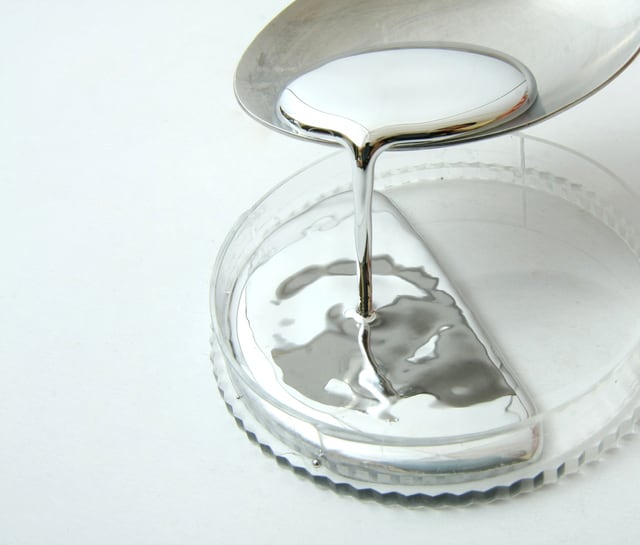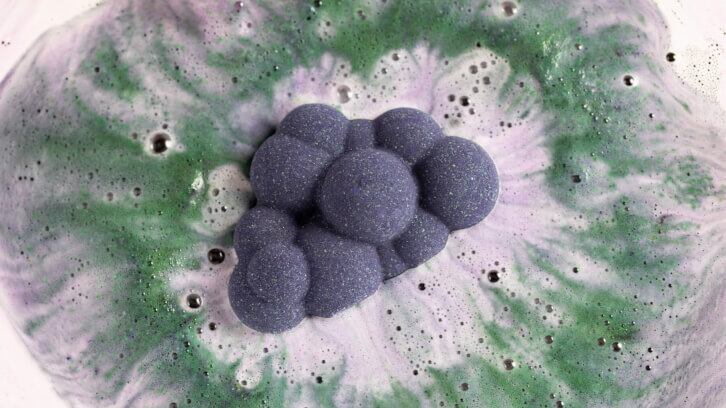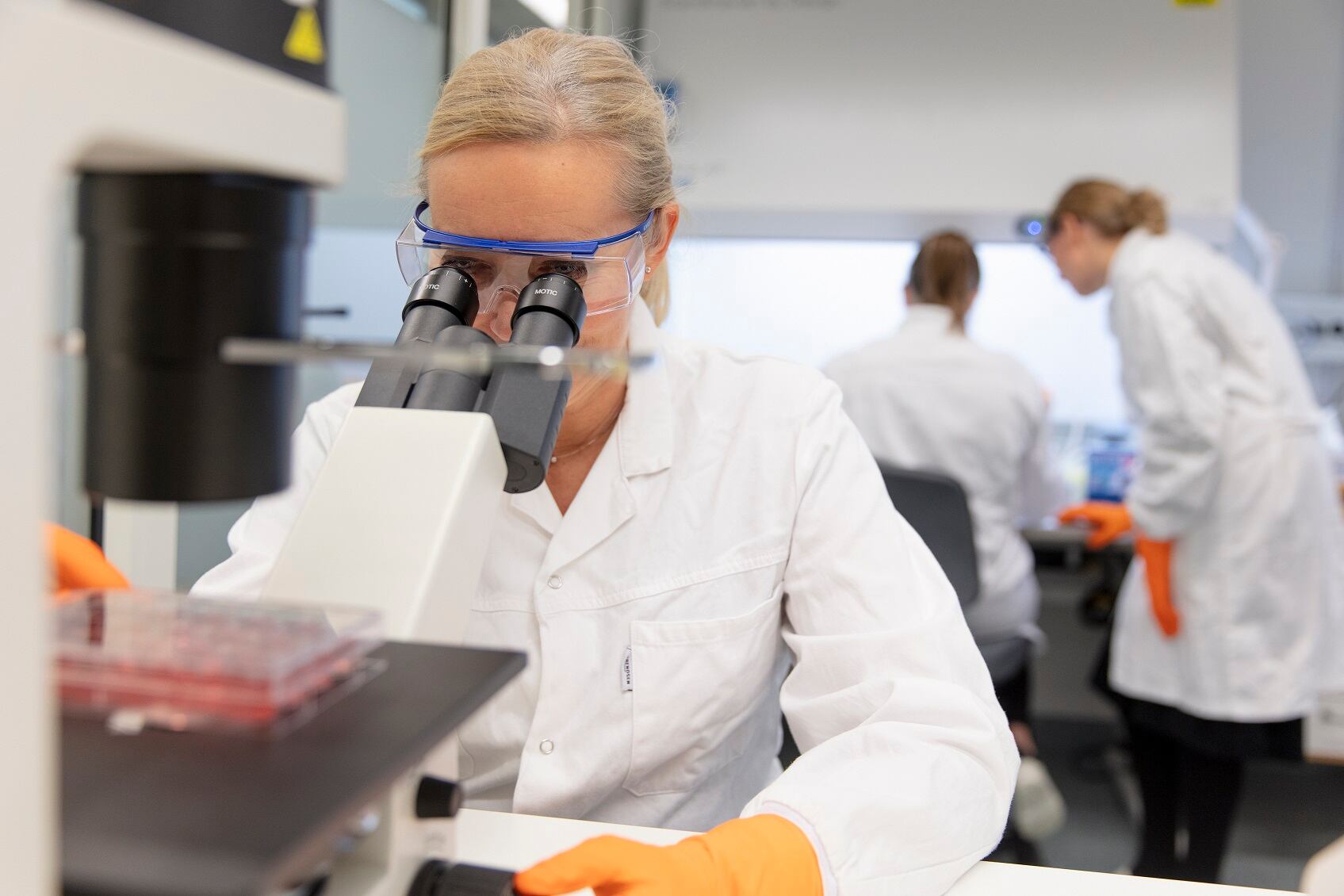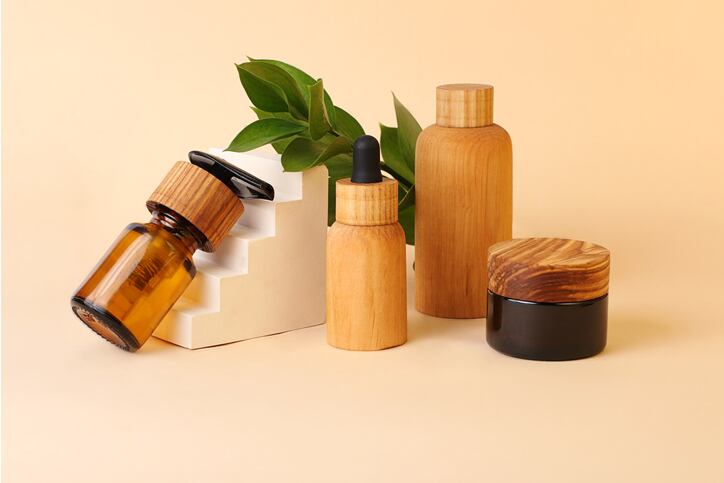Going forward, the COP team will develop a report on the challenges currently faced when attempting to prevent the manufacture and trade of mercury-added cosmetics. Online sales are one such 'grey area' that's in need of stricter measures.
This report is set to be presented at COP6 in Geneva, which will take place between 3rd and 7th November 2025.
A total ban on manufacture and trade of all mercury-added cosmetics will need to be adopted by 2025, whereas currently this ban only extends to products that contain over 1 ppm mercury.
As a third measure, COP has also initiated a study of the global supply, production, trade and use of mercury compounds.
Mercury, which is a neurotoxin, is still included in some skin-lightening creams to suppress the production of melanin.
The use of these creams often results in skin rashes and discolouration, and the substance can also enter the body via the skin and by inhalation. Long-term use of these products not only damages the nervous system, but may also harm the eyes, lungs, kidneys, digestive and immune system.
These products are also a threat to people who live in the same dwelling as the user, such as children, because mercury vaporises and spreads. Plus, they pose a risk to a developing foetus in pregnant women.
"Profits from the mass poising of non-white people"
Michael Bender, Co-coordinator of ZMWG said that banning mercury-added cosmetics will “help foster compliance... and facilitate more cost-effective market surveillance through handheld testing devices, rather than having to rely on lab testing.”
Policy Manager for ‘Zero Mercury’ Campaign at the European Environmental Bureau, Elena Lymberidi-Settimo, agreed and said: “It is important that Parties agree that toxic cosmetics are a global mercury crisis warranting coordinated international collaboration.”
Meanwhile, Campaign Coordinator at groundwork, and environmental nonprofit in South Africa, Rico Euripidou, said the manufacture and trade of mercury compounds used for the production of illegal mercury added skin lightening products should be banned and that “Eradicating products such as mercury-added skin lightening products is important for an unscrupulous industry that is itself rooted in colourism and that profits from the mass poisoning of non-white people.”
Continued production and trade of mercury-added cosmetics
Although cosmetics with mercury concentrations above 1 ppm should have been phased out by 2020, they continue to be produced and traded due to enforcement challenges, particularly for products sold online.
In October 2023, the Zero Mercury Working Group (ZMWG) released a new report about the continued production and trade of these toxic skin lighteners due to these enforcement challenges.
This was reinforced by the Environmental Investigation Agency’s (EIA) undercover investigation that identified ammoniated mercury as one of the key mercury compounds being intentionally added to skin lighteners.
Although production centres for this ingredient are mainly outside the EU, the report showed that countries such as Spain have been used as ports to facilitate the transportation of mercury-added compounds for inclusion in these skin products.
The EIA's report identified chemical companies, including some in Europe and the US, that sold ammoniated mercury to cosmetics manufacturers in Thailand, Jamaica and Pakistan, which then add the toxic compound into skin lightening products to be sold around the world via online sales.
“In New York City, we are seeing skin lighteners with mercury levels up to 27,000 ppm,” said Director of Environmental Health, WE ACT for Environmental Justice, Dr Micaela Martinez.
“Mercury-added skin lighteners are both an environmental justice and a reproductive justice issue. Mercury is a neurotoxin that can harm the health of the person exposed, but it can also impact the developing foetus during pregnancy and can be trans-generationally transferred through breast milk.”
A previous global report from ZMWG in 2022 revealed that illegal mercury skin lighteners were still entering the EU via major e-commerce befr.ebay.be and best.aliexpress.com.
Between 2017 and 2022, the non-profit conducted three separate investigations, each time showing that these often illegal skin-lightening products that were high in mercury were still accessible across the globe.
According to their packaging, most of the products sampled were manufactured in Asia, especially in Pakistan (43%), Thailand (8%), China (6%) and Taiwan (4%).
In one study, conducted between 2020 and 2022, 23 products were ordered from Belgium from four different e-platforms. The investigation found that 16 of these contained mercury and 12 showed a mercury content between 1000-18,821 ppm.
The next meeting of the Conference of the Parties to the Minamata Convention (COP-6) will take place in Geneva from 3 to 7 November 2025.
Looking to the work ahead for the next two years, COP-6 President, Osvaldo Patricio Álvarez Pérez, stated that “our ambition is to make a noticeable difference, to effect real change, and to leave the legacy of a healthier, safer planet.”





